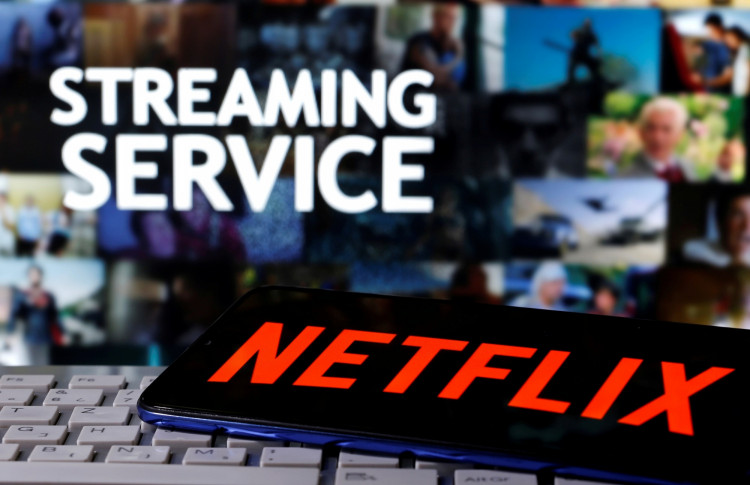Streaming platforms ranging from Netflix to Disney+ are attempting to discourage the widespread practice of password sharing.
In March, Netflix launched a trial crackdown by sending pop-up notices to people they believe are watching from someone else's account. When they accessed the app, they were prompted to check their account by entering a code sent to them via email or text.
To proceed, they needed to verify the account with an email or text code, or build a new account with a 30-day free trial.
When Disney+ debuted in 2019, then-CEO Bob Iger said that the service was built on sharing.
"We're setting up a service that is very family-friendly, we expect families to be able to consume it - four live streams at a time, for instance," he said in a CNBC interview. "We'll watch it carefully with various tools, technology tools that we have available to us to monitor it. But it's obviously something we have to watch."
According to the Pew Center for Internet and Technology, roughly two in every five online adults have shared passwords for online accounts with friends or family members. It's even higher among millennials: 56% of online adults aged 18 to 29 have shared passwords.
The most recent data from research firm Park Associates says sharing or stealing streaming service passwords cost an estimated $2.5 billion in revenue in 2019, with that figure projected to grow to approximately $3.5 billion by 2024.
That may be a small portion of the $119.69 billion eMarketer expects people would spend on video subscriptions in the U.S. this year. However, subscriber growth is slowing and costs are rising.
Companies are spending massive sums to create their own original movies and shows to distinguish themselves from rivals. By fiscal 2024, Disney+ plans to spend up to $16 billion a year on new content for Disney+, Hulu and ESPN+. This year, Netflix is estimated to spend $19 billion on original content.
Netflix downplayed its user verification test in March, telling investors that it was a continuing effort and nothing new. Reed Hastings, the company's co-founder and co-CEO, vowed not to surprise consumers with too many changes.






